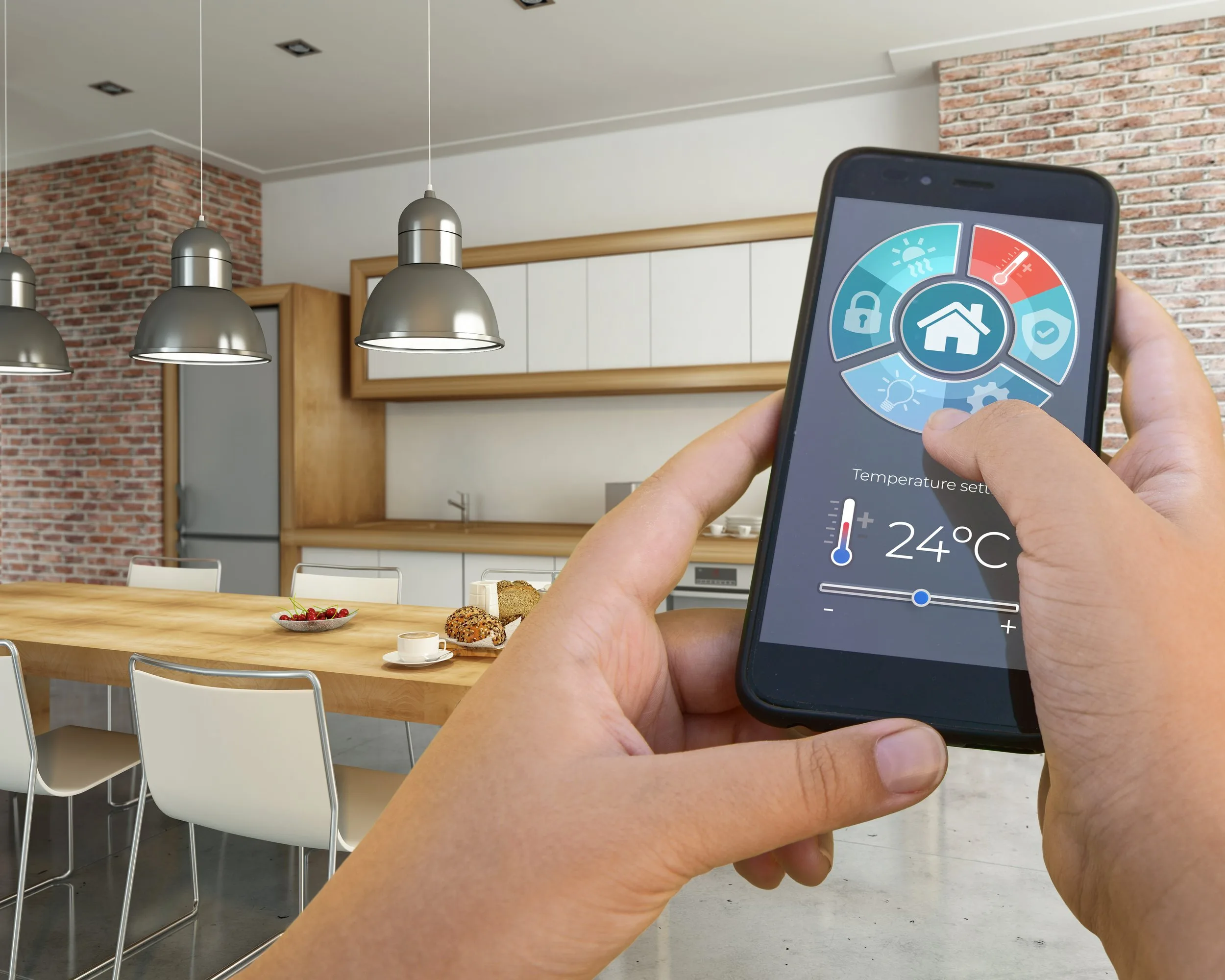As technology continues to advance at an unprecedented pace, its influence on our daily lives is becoming increasingly evident, transforming the way we interact with the world around us. From smartphones and smartwatches to autonomous cars, innovations are reshaping the landscape of modern life. One area that is experiencing remarkable progress is the concept of “smart homes” or “homes of the future”.
Sustainable energy solutions
As environmental awareness grows, sustainable energy solutions will become the cornerstone of future homes. Solar panels, advanced energy storage systems and smart energy management will make homes more energy efficient and reduce their carbon footprint. Homes of the future may even be designed to generate more energy than they consume, contributing excess energy to the grid.
Virtual Reality and Augmented Reality
Virtual Reality (VR) and Augmented Reality (AR) technologies are set to revolutionise the way we experience our homes. Designers and architects will be able to use VR to create immersive virtual tours of homes that are still in the planning stage, allowing potential buyers to visualise their future living spaces. AR, on the other hand, can enhance everyday life by overlaying useful information on physical objects or surfaces, such as displaying recipe instructions on the kitchen counter or providing real-time energy consumption data.
Artificial intelligence (AI) assistants
AI-powered virtual assistants, such as Amazon’s Alexa, Google Assistant or Apple’s Siri, have already become fixtures in many homes. In the homes of the future, AI assistants will take on more sophisticated roles, seamlessly managing various aspects of the home. These digital companions will be able to perform tasks such as adjusting lighting and temperature, ordering groceries and even providing companionship.
Integration of Health and Wellbeing
Future homes will prioritise the health and well-being of their inhabitants. Biometric sensors and wearable devices will monitor vital signs and provide real-time health data to homeowners and healthcare providers. Smart homes will also be equipped with advanced air filtration systems, personalised lighting to support circadian rhythms and even virtual fitness trainers that tailor workouts to individual needs.
The homes of the future will be a harmonious blend of innovation, sustainability and convenience. As technology continues to evolve, our living spaces will adapt to meet our changing needs and desires. From IoT integration to sustainable energy solutions and AI-powered assistants, the possibilities are truly limitless. Embracing these advances will not only improve our daily lives, but also contribute to a greener, more interconnected world. As we look to the future, we can’t help but be excited by the countless opportunities the future holds for the homes we will call our own.

